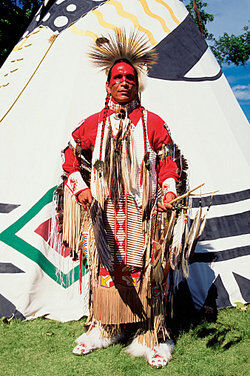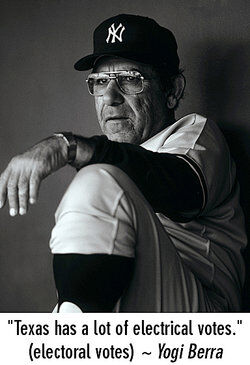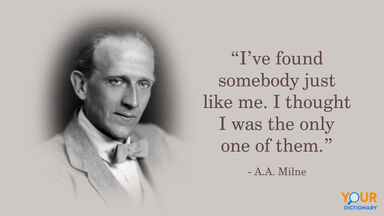The architect to whom, after the great fire of 1666, the opportunity fell of leaving the marks of his influence upon London was Sir Christopher Wren.
The property was acquired by Sir Christopher Hatton, Lord Chancellor under Queen Elizabeth, after whom Hatton Garden is named; though the bishopric kept some hold upon it until the 18th century.
An exploring party from Jamestown, under command of Captain Christopher Newport (c. 1565-1617), and including Captain John Smith, sailed up the James river in 1607, and on the 3rd of June erected a cross on one of the small islands opposite the site of the present city.
Although these conclusions were arrived at independently, and, as it would seem, several years previous to their publication, they were in great measure anticipated by the communications on the same subject of John Wallis and Christopher Wren, made respectively in November and December 1668.
His literary capacity was early shown in the remarkable fiction of his Memoirs of Arthur Hamilton (1886) under the pseudonym of "Christopher Carr," and his Poems (1893) and Lyrics (1895) established his reputation as a writer of verse.





